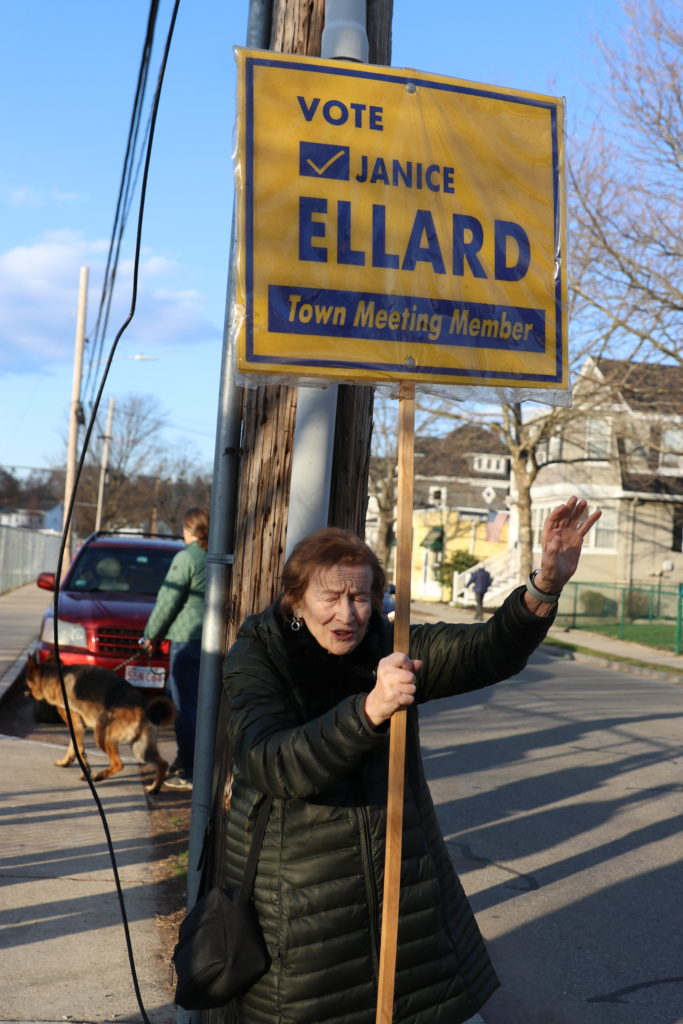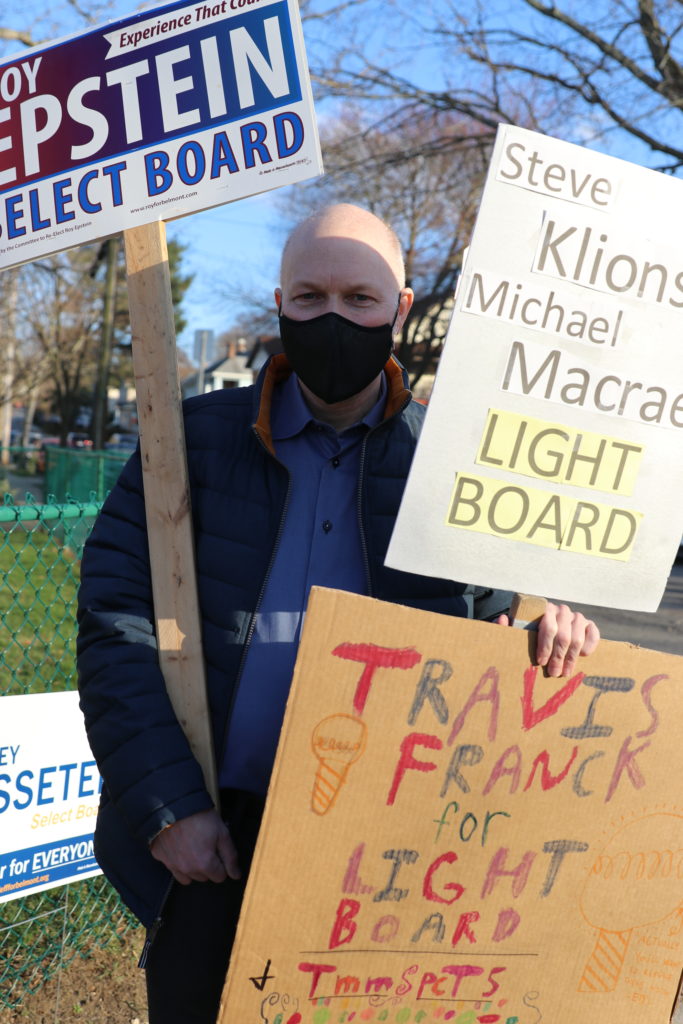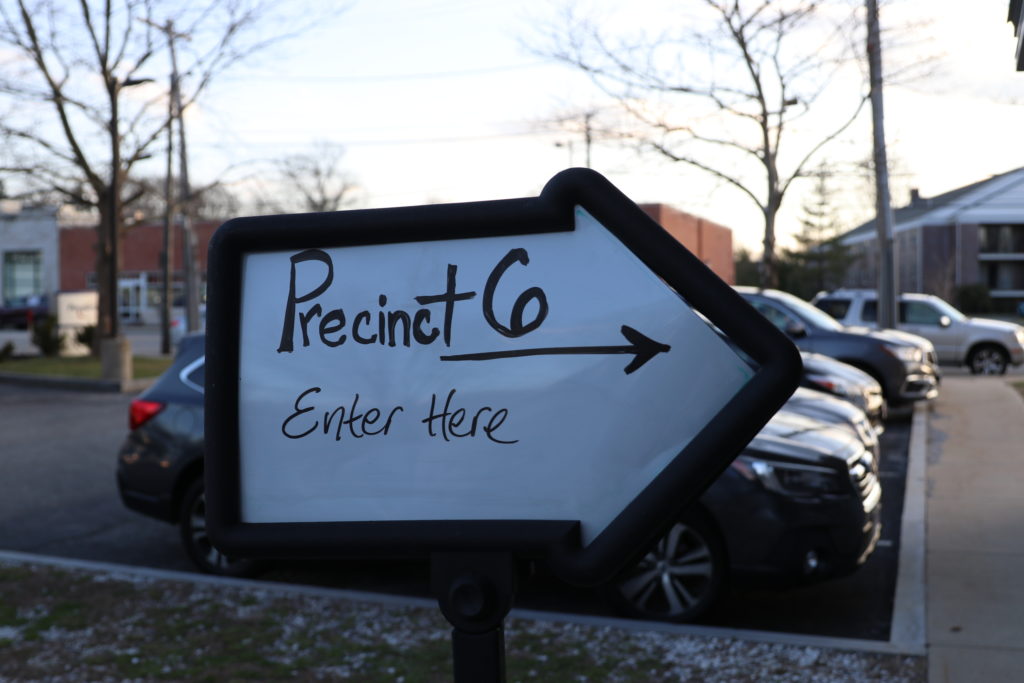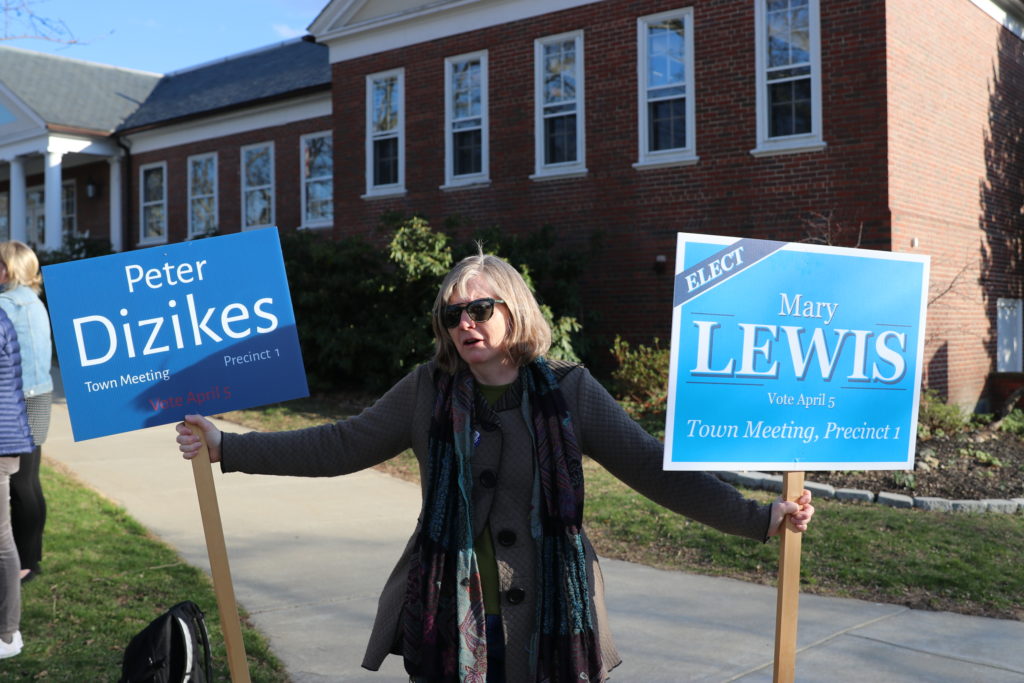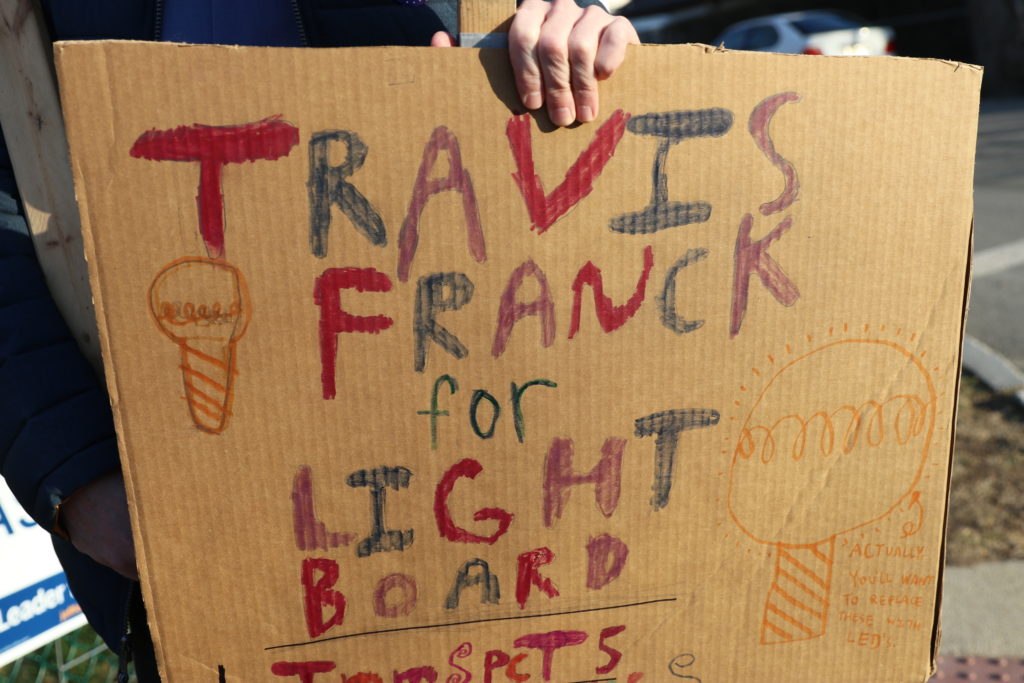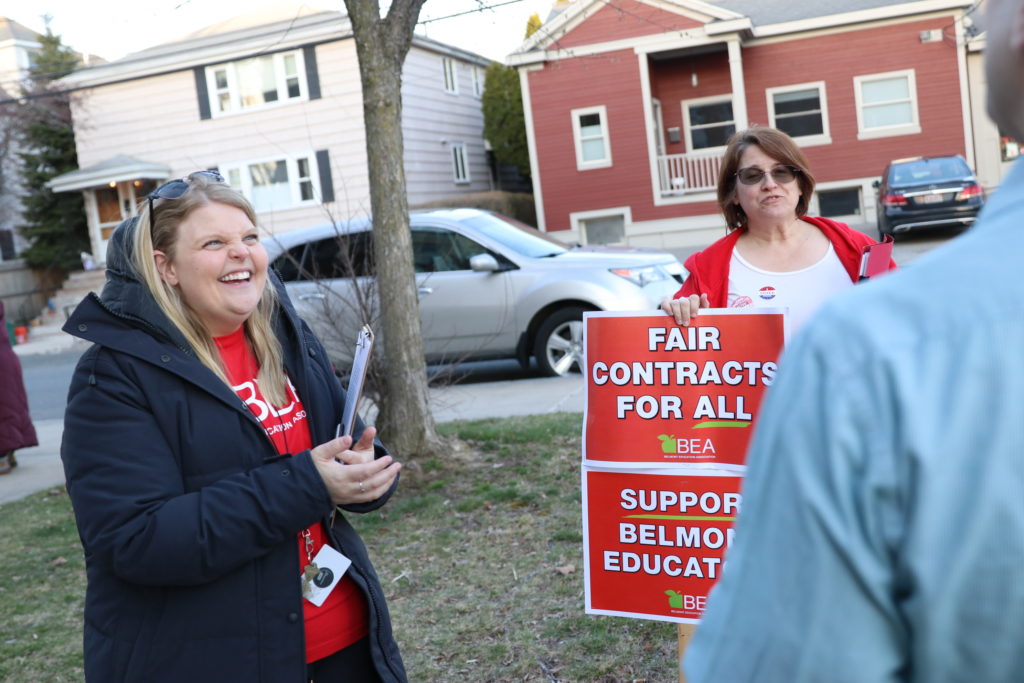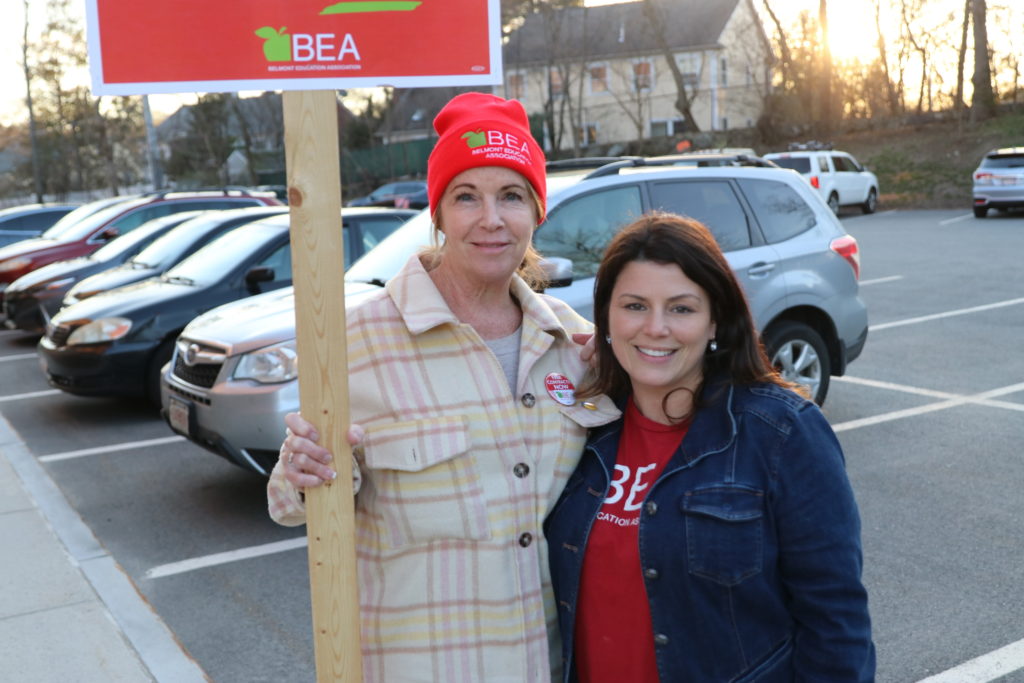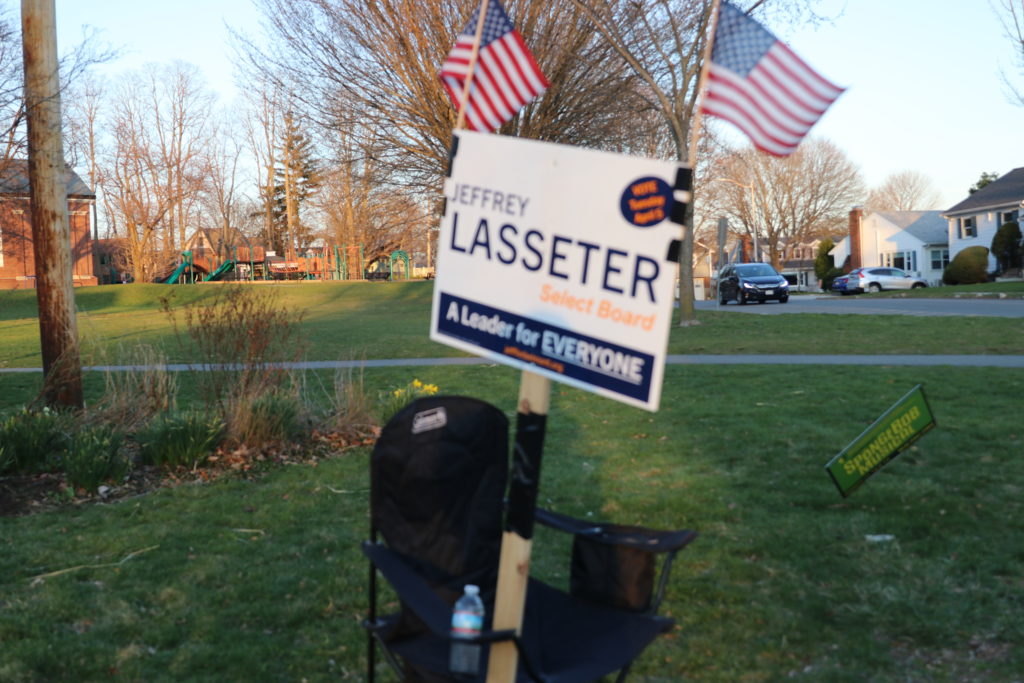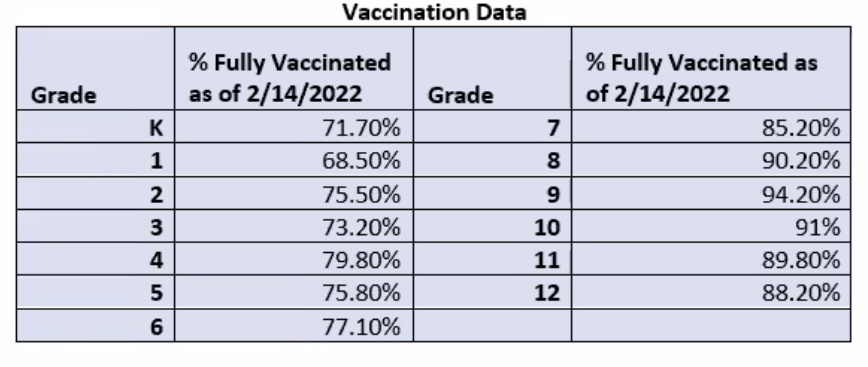Photo: It’s now up to the voters in November to decide the fate of a new Belmont Public Library.
Twenty-three years after it was first proposed, a new Belmont Public Library will be on the Nov. 8 general election ballot as the Select Board unanimously approved placing a $39.5 million debt exclusion to build a 42,000 square-foot structure at the library’s present location at 336 Concord Ave. at its July 18 meeting.
“I think we’ve come to a point where we really don’t have the luxury of waiting much longer,” said Select Board Member Roy Epstein and putting the decision in the voters hands.
The decision came a week before the board was set to decide whether to place debt exclusions for the library and a new municipal skating facility before voters on the November election.
“I don’t have any problem putting up the library tonight,” said Board Member Adam Dash. ”There’s nothing left to talk about,” as the project has been throughly vetted since it began in 2018 and any more delays will result in escalated costs, he said.
The board’s vote came after an announcement earlier in the meeting when library supporters reported raising $5 million in funds and commitments to support the new building. The big news Monday was a $2 million grant – provided if the debt exclusion passes – from the Belmont Savings Bank Foundation to support the project.
“The Belmont Savings Bank was a pillar of the community for so many years, much like the library is now and will continue to be in the new building that serves the needs of the entire community,” said Gail Mann of the Board of Library Trustees. ”We are close to $5 million in funding with [more than] 850 donors with additional donations since then.”
“Five million dollars raised is incredible and it’s growing beyond that,” said Chair Mark Paolillo. “It shows the residents of this community that there’s incredible support for this library.”
“And all the dollars that get donated is one less dollar we have to issue in the debt exclusion and makes the project that much better,” said Dash.
For the campaigners who have been in the forefront of creating a new library, its efforts now transfers to convincing a majority of voters in the next 113 days to pass a debt exclusion in the $34 million range.
“There will be a political ’Yes’ campaign now that we are officially on the ballot,” said Peter Struzziero, library director. He said while he and his staff will not be advocating for a vote, they still can provide information on the project.
”We’ve held more than 50 meetings with every group, official and unofficial, that we could and we plan to hold more information sessions going forward,” said Trustee Chair Elaine Alligood.
“I think there is a lot of community support. I think there has been a ton of outreach by the trustees, the [Belmont Library] Foundation, the Friends of the Belmont Library and Peter Struzziero and his staff,” said Mann.
Struzziero said that unlike the previous two proposals which relied on state funding and support, this project ”is the first one that was ever completely driven by Belmont residents.
”It’s also the smallest building that’s ever been proposed and it’s got the most fundraising now of any project in the history of Belmont. There’s a lot of things that are different about this time around and this time, we’re confident that the voters will make the decision that’s best for the community,” said Struzziero.
